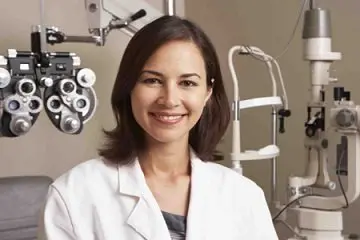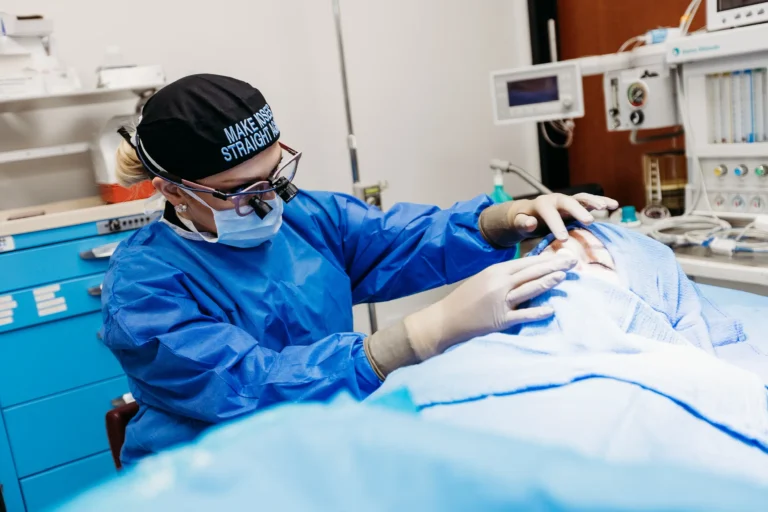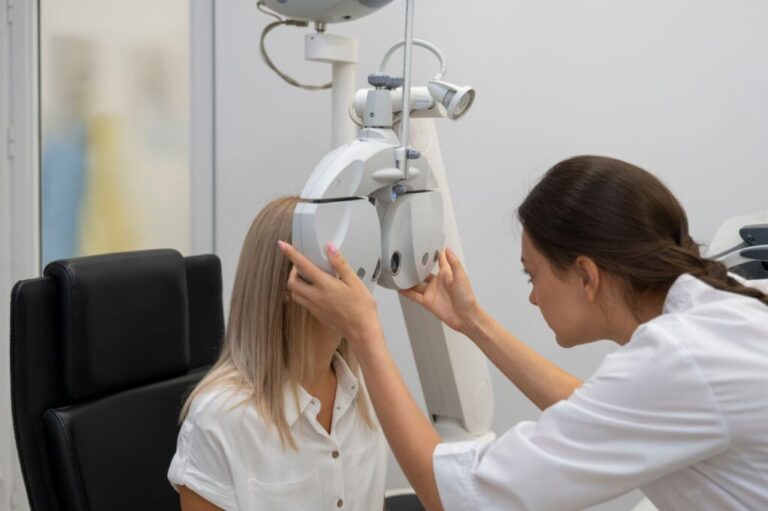Choosing the Right Ophthalmologist for Your Eye Care Needs

Selecting the right ophthalmologist is a key step in safeguarding your vision. Ophthalmologists are medical professionals specializing in diagnosing and treating eye conditions and performing surgical procedures for vision correction. With various options available, identifying a qualified and experienced eye specialist can significantly improve your eye care outcomes. Here are recommendations to help you choose the most suitable ophthalmologist for your needs:
Verify Board Certification
When choosing an ophthalmologist, verifying their board certification and professional credentials is a key factor to review. Board certification indicates that the specialist has undergone comprehensive training and assessments, meeting the highest standards in ophthalmology. You can also research their educational background, residency programs, and other fellowships in subspecialties, such as retina, glaucoma, or pediatric eye care.
Also, check if the ophthalmologist is registered with relevant medical boards or associations. These registrations confirm their commitment to adhering to professional standards and staying updated with advancements in their field. This foundational step can help you identify qualified practitioners with the skills necessary to address your eye care needs.
Assess Their Experience
Experience in treating your specific eye condition or performing a required procedure is a fundamental factor. Ophthalmologists often specialize in areas such as cataract surgeries, corneal transplants, or advanced vision correction like LASIK. For instance, if you are seeking treatment for macular degeneration, it is helpful to opt for a specialist with extensive experience in retinal care.
You can inquire how frequently the ophthalmologist treats patients with similar conditions or performs specific procedures. Ask about their success rates to gain insight into their expertise. Opting for an experienced eye specialist may enhance safety and improve treatment outcomes.
Evaluate Treatment Options
Modern ophthalmology relies on advanced technology and state-of-the-art treatment methods for accurate diagnoses and effective care. Choosing an ophthalmologist who utilizes these tools can provide significant benefits. Diagnostic equipment enables precise assessment of eye conditions. Robotic-assisted surgeries and laser techniques are often used for minimally invasive corrections.
When assessing potential ophthalmologists, also review the range of services they offer. The availability of advanced diagnostics, vision correction surgeries, and specialized treatments can indicate their ability to address complex eye health requirements. Utilizing advanced technology benefits diagnosis and treatment, and reduces recovery times for many procedures.
Examine Patient Care Approach
A productive doctor-patient relationship is a key aspect of eye care. Choose an ophthalmologist who communicates clearly and explains diagnoses, procedures, and treatment plans. This approach helps you understand the care process and enables you to make informed decisions.
Also assess their willingness to answer questions and discuss concerns. A patient-centered approach that encourages
open communication often fosters trust and improves overall care experiences. Creating such a relationship is particularly helpful when managing chronic conditions. It establishes a long-term partnership for maintaining eye health.
Find Ophthalmologists Near You
Identifying the right ophthalmologist involves examining credentials, expertise, technology, and communication skills.Each factor contributes to finding a professional who delivers precise, effective, and tailored care for your eye health needs. Search for highly qualified ophthalmologists in your area to book a consultation.
- What to Expect When Visiting a Foot and Ankle Specialist
- Causes of PTSD
- The Link Between Plantar Fasciitis and Weight Gain: What You Need to Know
- How Pet Ownership Can Positively Impact Life with Fibromyalgia
- The Importance of Stretching and Flexibility in Sports Medicine
Dr. Emma Green is a health and wellness expert with over 10 years of experience in nutrition and fitness. Passionate about helping others live their healthiest lives, Dr. Green shares practical advice on wellness, nutrition, and sustainable living through LivingSpristine.






